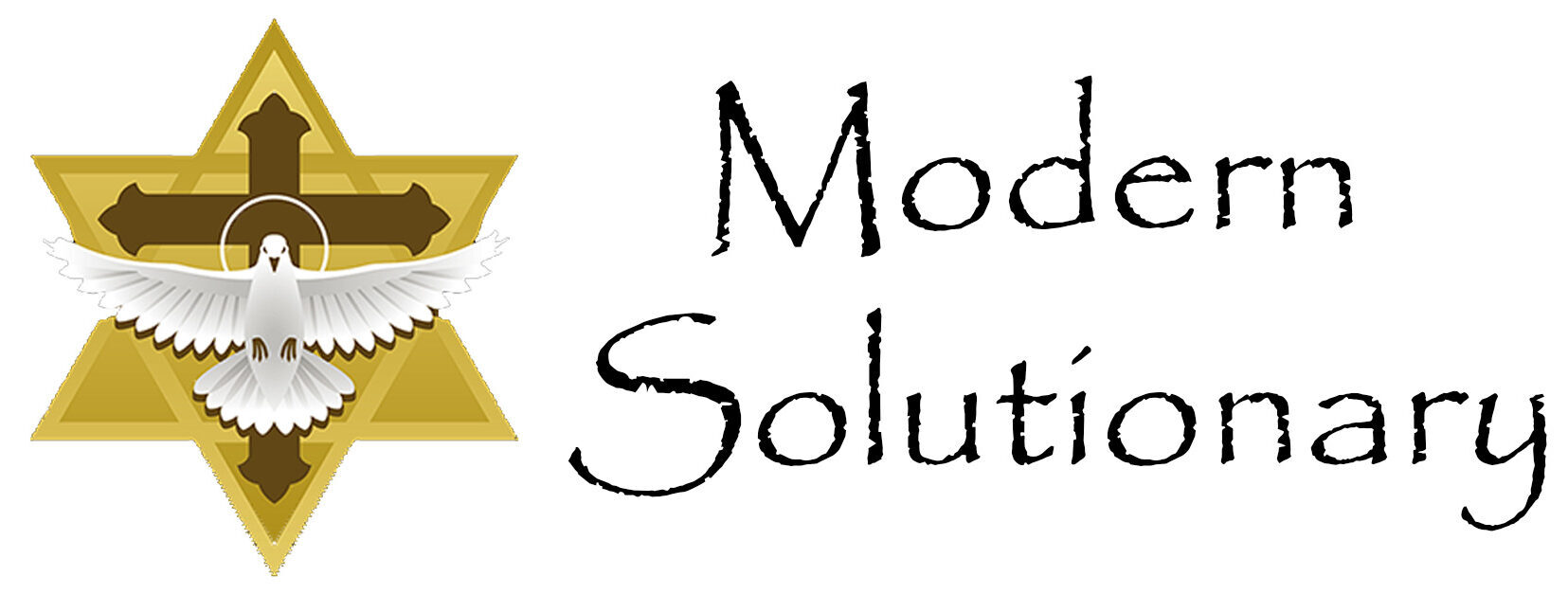“The natural law is itself the eternal law, implanted in beings endowed with reason, and inclining them towards their right action and end.”
Saint Thomas Aquinas’ “Summa Theologiae”
 The human race has forever questioned the “truth” or at the very least the “righteousness” of man-made laws. Take speeding for instance; it is a good “idea” to restrict everyone from speeding, that is, until it is you who is late, struggling to make up for lost time. I bet that as soon as that first speed limit was established, someone decided it would be okay to ignore the posted speed. Consider another example, every society throughout history has had laws against the theft of property but the laws have never stopped some from stealing what is not theirs. It is clear, by the activity level of the judicial system we view man-made laws as ours to break whenever we believe it is right for us. If we get caught, we will surely have an excuse and when that doesn’t work, we will deal with the consequences the best that we can.
The human race has forever questioned the “truth” or at the very least the “righteousness” of man-made laws. Take speeding for instance; it is a good “idea” to restrict everyone from speeding, that is, until it is you who is late, struggling to make up for lost time. I bet that as soon as that first speed limit was established, someone decided it would be okay to ignore the posted speed. Consider another example, every society throughout history has had laws against the theft of property but the laws have never stopped some from stealing what is not theirs. It is clear, by the activity level of the judicial system we view man-made laws as ours to break whenever we believe it is right for us. If we get caught, we will surely have an excuse and when that doesn’t work, we will deal with the consequences the best that we can.
Do we act the same way towards our natural laws?
People have not always had the capabilities of safely pushing the limits of the outcomes associated with going against the natural laws. Take gravity for instance. For thousands of years, the majority of people would have never thought of climbing a sheer mountain cliff just for the sport of it much less to immediately jump from the peak with nothing more than a cloth parachute. Before the success of the Wright brothers, the masses were content with the understanding that people were not made to fly like a bird or insect. Today, millions fly routinely without thought of the abundant number of natural laws that the engineers had to negotiate in order to make the impossible a reality.
In all of these examples, the risks presented by going against the laws are always present. In the case of the natural laws, if the person climbing the mountain slips or makes a false move, the law of gravity will do what it is supposed to do every single time. The person will not be able to change the outcome of the unquestionable tumble down the mountain side. If the airplane has a sudden mechanical failure or one of the systems malfunctions upon landing the people onboard will suffer the impact of the law of gravity and the immense power of the laws of motion. The intelligence of the engineers will never be able to change the force subject to these laws.
No matter how smart we think we are or how confident we are with our machines and technology, the natural laws remain in place and will always do what is right and natural. When we take risks that defy the laws, it is us doing the unnatural yet when things go terribly wrong, we quickly look to blame others.
Unlike man-made laws, natural laws cannot be changed by our whims; they can only be affected or negotiated. Our intelligence allows us to mitigate the risk associated with attempting to defy these eternal laws, but we must realize we will never be able to control them. We have always and, without a doubt, will continue to find new ways to negotiate the laws using innovative tools that our ingenuity will create. However, just because we are able to design a state-of-the-art braking system that allows the laws of motion to be accommodating to our fragile body; allowing people to land safely inside a speeding aircraft without being propelled through the windshield, it doesn’t mean that we created or can control the laws we are trying to abolish to service of our will.
In other words, we are so smart, we become ignorant to the truth. Ignorant to the fact that we do not and will never control what is right or wrong. We can only reduce the risk; sometimes only temporarily and learn to live with this eternal truth.
 In today’s relativistic world, people have come to believe that there is never a right or wrong answer controlled by someone other than them. The very definition is the belief that different things are true, right, etc., for different people or at different times. This is a perfect definition for opinions but not of facts. By our many innovations of law defying accomplishments, we have conditioned ourselves to believe that we are greater than anyone else. No one else matters, the law is mine to control or I say it is right because I believe it to be so.
In today’s relativistic world, people have come to believe that there is never a right or wrong answer controlled by someone other than them. The very definition is the belief that different things are true, right, etc., for different people or at different times. This is a perfect definition for opinions but not of facts. By our many innovations of law defying accomplishments, we have conditioned ourselves to believe that we are greater than anyone else. No one else matters, the law is mine to control or I say it is right because I believe it to be so.
When the human race views itself as more powerful than even God we lose the power to survive as a society because we fail to make wise decisions when having to solve communal problems. No matter how great an individual may become through their personal efforts, they should never lose the humility of their own limitations. These limitations are established by the truth of natural law.
“It is through our unique human intellectual ability that we are able to mitigate risk to an acceptable level. This gift of intelligence, though good, can lead to the loss of humility which will then foster within us the false belief that we can control the rights of the natural laws.”
Anthony “Tony” Boquet
If this is my last post, I want all to know that there was only one purpose for all that I have written; to have made a positive difference in the lives of others.
Anthony “Tony” Boquet, the author of “The Bloodline of Wisdom, The Awakening of a Modern Solutionary”
